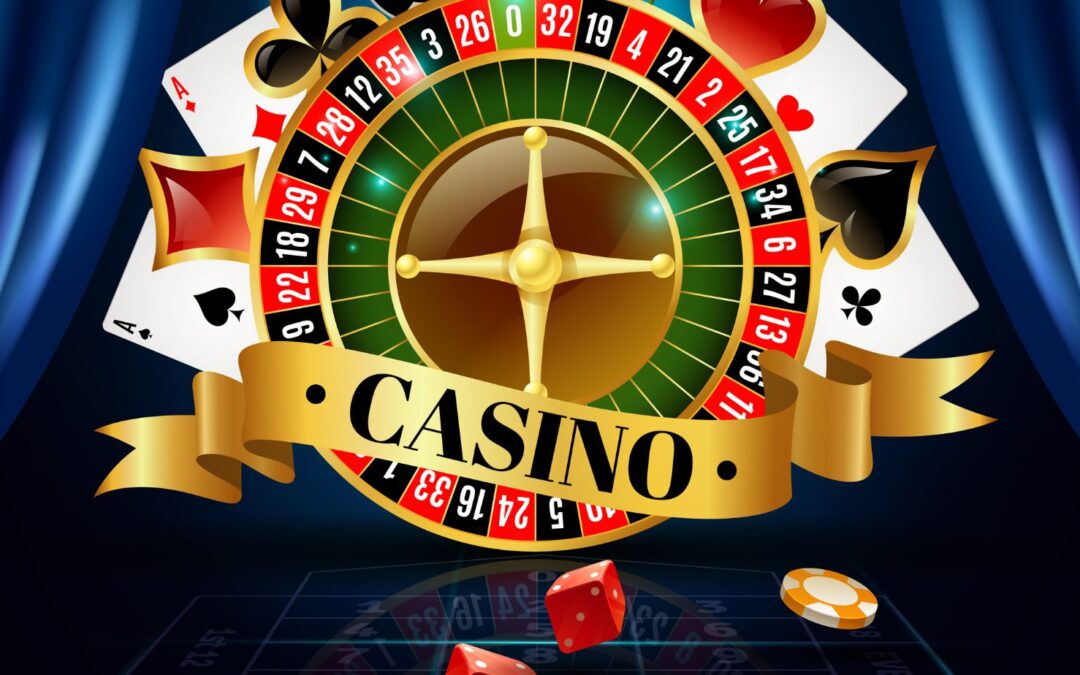Casinos are often seen as places of entertainment. Behind the flashing lights, there are deep economic and political interests. These establishments are built on inequality, taking money from the most vulnerable. While some players dream of winning big, the real winners are the corporations controlling the industry.
The illusion of fair play
Casinos promote the idea that anyone can win. Slot machines, table games, and sports betting seem like skill-based activities. In reality, these games are carefully designed to favor the house. 
How casinos exploit economic despair
Casinos target communities with high unemployment. They promise jobs and economic growth, but the reality is different. Instead of solving poverty, they create a cycle of financial loss. Players often chase their losses, falling into deeper financial struggles. Instead of creating wealth, casinos drain it from working-class communities.
The political influence of the gambling industry
Casinos do not operate in isolation. They invest in lobbying to influence laws in their favor. Governments often protect these industries, allowing them to avoid strict regulations. Political leaders claim casinos create jobs, but most positions are low-paying and unstable. Meanwhile, casino owners collect massive profits with little oversight.
The rise of online gambling and new risks
The internet has changed gambling forever. Online casinos operate with fewer restrictions. Players can gamble at any time, making addiction more severe. Platforms use targeted ads, pushing people to spend more. Without strong regulations, the industry continues to grow unchecked.
How gambling platforms manipulate behavior
Online casinos use psychological tricks to keep players engaged.
– Constant wins and near-misses create false hope.
– Flashy animations and sounds make losses feel less painful.
– Bonuses and loyalty programs encourage continued play.
These tactics ensure that players keep betting, even when they are losing.
The environmental impact of casinos
Land-based casinos require enormous resources. They consume energy, water, and space. From the neon lights to air conditioning, these establishments generate huge carbon footprints. Online casinos may seem greener, but they rely on data centers using massive amounts of electricity. The industry rarely discusses its environmental responsibility.
Betting and the connection to financial crime
Casinos have long been linked to money laundering. The flow of cash makes it easy to hide illegal transactions. Criminal organizations use gambling platforms to clean dirty money. Governments claim they monitor these activities, but oversight remains weak. The financial system continues to benefit from unchecked transactions.
Can gambling ever be ethical?
Some argue for responsible gambling policies. In theory, casinos can promote safer play. But as long as profit remains the priority, exploitation will continue. Governments must step in to protect the most vulnerable from financial ruin.
The need for stronger regulations
Casinos will not change on their own. Stronger rules are necessary to protect workers and players. Governments must:
– Enforce strict regulations on gambling advertisements.
– Ensure fair wages for casino employees.
– Limit predatory gambling practices.
Without these protections, casinos will keep profiting at the expense of society.
How casinos create false hope
Casinos make people believe they can win. Bright lights, big jackpots, and lucky winners are everywhere. These images make gambling look easy. In reality, most players lose more than they win. The house always has the advantage, ensuring the casino makes money in the long run.
The dangers of easy access to gambling
Online casinos make gambling available anytime. People can bet from their phones, even late at night. This easy access makes gambling addiction worse. Players keep betting, thinking their luck will change. Without limits, they can lose everything before they realize it.
The impact on families and communities
When someone loses money in a casino, their family also suffers. Many people use rent or food money to chase losses. This creates stress and financial problems at home. Communities lose money too, as gambling takes cash away from local businesses.
Governments profit while people lose
Many governments tax casinos, making money from players’ losses. Instead of protecting people, they allow casinos to grow. The profits go to private owners, while the public pays for gambling addiction treatments.
A system built on inequality
Casinos attract those who hope for a better life. Rich people don’t need to gamble to make money. Poorer players spend what little they have, dreaming of a big win that rarely comes. The system is designed to take from those with the least.
The illusion of “small bets”
Casinos encourage players to bet small amounts. A few dollars here and there seem harmless. But over time, these small bets add up. People don’t notice how much they are losing until it’s too late. The system is designed to make players feel in control while slowly draining their money.
The psychological tricks behind casino games
Every casino game is built to keep players hooked.
– Near-misses make people feel like they are “almost winning.”
– Fast gameplay keeps players engaged without time to think.
– “Free” bets make people spend more than they planned.
These tricks keep players betting even when they are losing.
The long-term effects of gambling addiction
Gambling doesn’t just hurt finances. It affects mental health, leading to anxiety and depression. Many addicted players lose relationships, jobs, and homes. Casinos take no responsibility for these consequences. Instead, they continue pushing people to play while ignoring the damage they cause.


